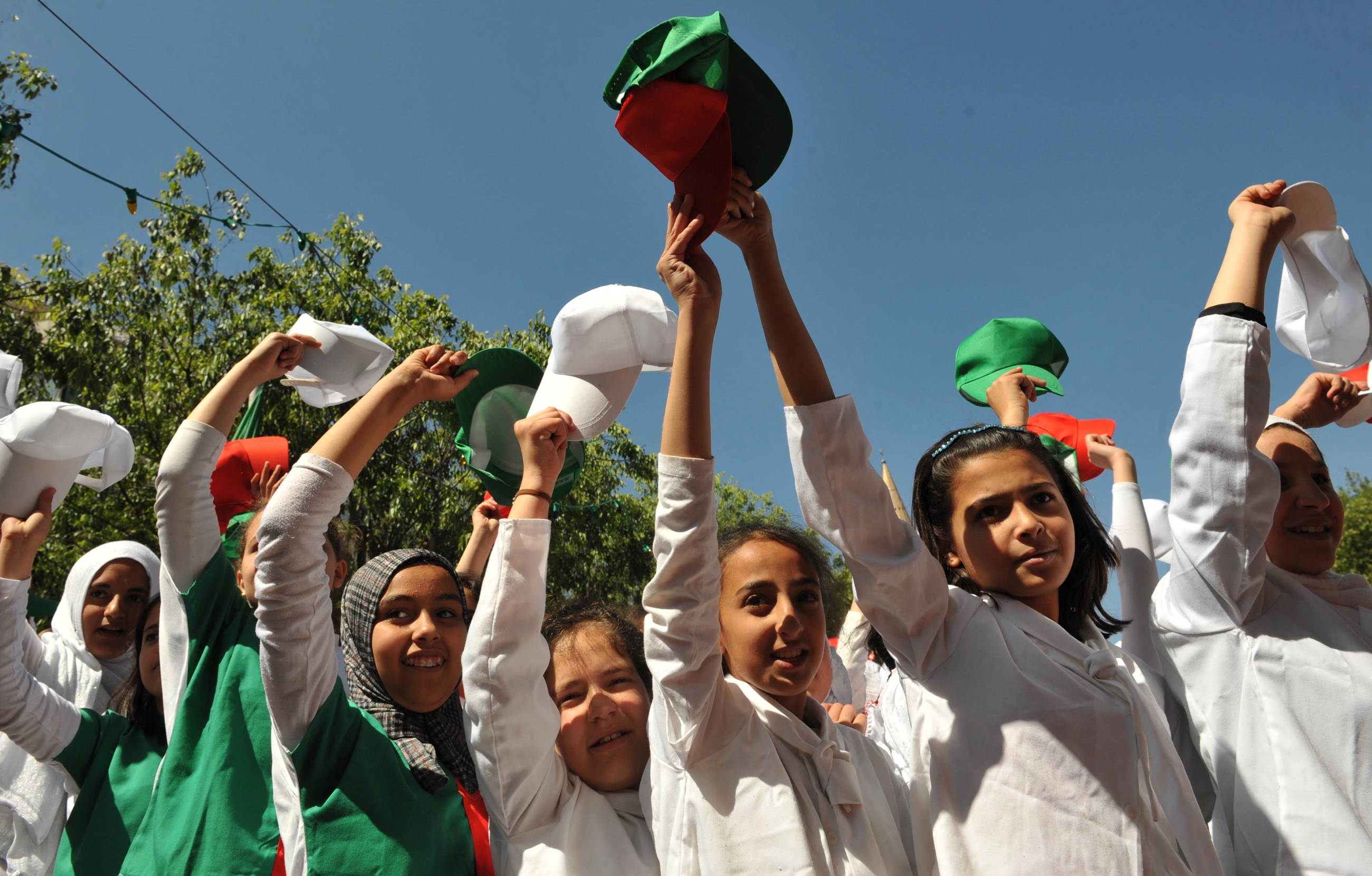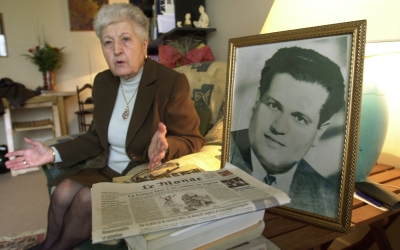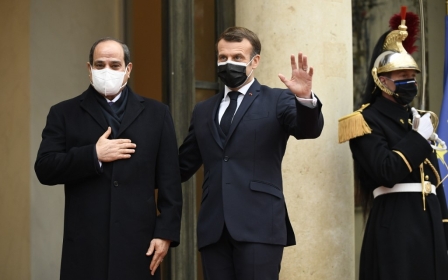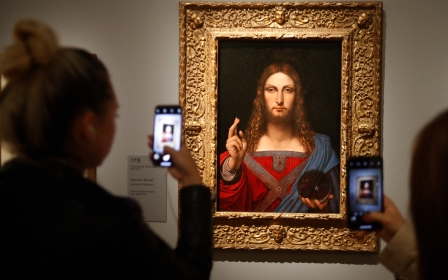Algeria to mark colonial-era massacre with inaugural 'Day of Memory'

Algeria is preparing to mark an inaugural “National Day of Memory” on Saturday in honour of thousands of Algerians massacred by French colonial troops in 1945.
On 8 May 1945, as France celebrated her victory against Nazi Germany, pro-independence demonstrations broke out in eastern Algeria, in the towns of Setif, Guelma and Kherrata, with nationalists unfurling Algerian independence flags.
The demonstrators were brutally repressed by colonial forces. The Algerian government claims that 45,000 people were killed that day, while colonial authorities at the time put the number at 1,165. Historians’ estimates vary between 15,000 and 20,000.
Algeria’s war of independence from France began nine years later, in November 1954.
Under the slogan “A memory that refuses to be forgotten”, official events have been organised on Saturday in Setif, 300km east of Algiers. The programme will include a conference on the subject of “colonial crimes in the world” and an exhibition at the local Moudjahid (fighter) museum.
New MEE newsletter: Jerusalem Dispatch
Sign up to get the latest insights and analysis on Israel-Palestine, alongside Turkey Unpacked and other MEE newsletters
A march is also planned through the town to the spot where the first victim of the massacre fell on 8 May, a young man called Saal Bouzid, who was waving an Algerian flag.
Last June, on the 75th anniversary of the massacre, the Algerian parliament adopted a new law to initiate an annual Day of Memory, to ensure that “the crimes of colonialism” were never forgotten.
In parallel with this legislation, a new TV channel, El-dhakira (Memory), was launched in November 2020 to support nationwide education in such subjects.
In a statement, Algerian President Abdelmadjid Tebboune said that the 1945 massacre amounted to “crimes against humanity and against civilisational values, based on ethnic purification”.
Not until 60 years after the atrocity, in 2005, did France admit responsibility for the massacre. The then French Ambassador to Algeria, Hubert Colin de Verdiere, called the events an “inexcusable tragedy”.
In 2015, Veterans Minister Jean-Marc Todeschini laid a wreath at a monument in Setif commemorating the victims of the 8 May demonstrations.
"For the first time, words will be matched by a gesture, the concrete expression of France's homage to the victims and the recognition of the suffering inflicted," Todeschini told the Algeria Presse Service agency at the time.
Memorial issues remain at the heart of relations between Algeria and the former colonial power. Saturday’s Day of Memory follows recent attempts by French President Emmanuel Macron to “reconcile memories” between the two countries ahead of the 60th anniversary of Algeria’s independence in 1962.
Earlier this year, Macron ruled out an official apology for French abuses in Algeria, promising instead “symbolic actions”. France has since said it intended to broaden the opening of its archives on Algeria’s war for independence.
Macron also announced plans to honour Gisele Halimi, a Tunisian-born French feminist who supported Algeria’s independence and denounced the use of torture by the French army. As a presidential candidate in 2017, Macron called France’s colonisation of North Africa a “crime against humanity”.
Macron, the first president born after the colonial period, has gone further than any of his predecessors in recognising French crimes in Algeria.
Middle East Eye delivers independent and unrivalled coverage and analysis of the Middle East, North Africa and beyond. To learn more about republishing this content and the associated fees, please fill out this form. More about MEE can be found here.





